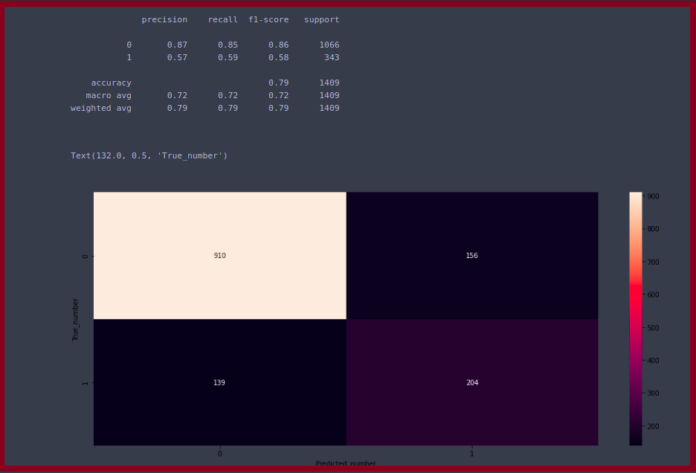Summary
- OpenAI will unveil new PhD-level super agent AI to US officials in a closed-door meeting on January 30.
- These AI models are considered a generational leap for the technology and can handle complex tasks such as managing a global supply chain.
- Despite warnings to lower expectations, AI’s impact on job displacement is a concern for legislators.
Move over
Google Gemini
. Forget Microsoft Copilot. There are reports that OpenAI is about to unleash an AI so powerful, its CEO, Sam Altman, has to first give a demonstration of it to US federal officials. Siri who?
Related
5 reasons why I prefer Gemini Advanced over ChatGPT Plus
Gemini Advanced hits all the sweet spots for my use cases
According to these reports, Altman will brief US officials in a closed-door meeting on January 30, where he will unveil PhD-level artificial intelligence agents (via Windows Central). These AI agents, dubbed ‘super agents,’ are so powerful they threaten entire labor markets. We’re talking far beyond helping organize a spreadsheet or code a website.
What is a super-agent AI?
Super agents are described as goal-oriented artificial intelligence models that synthesize enormous sets of data to deliver actionable results. That’s a mouthful, and sounds suspiciously like how AI would describe itself. In short, these PhD-level super bots could:
- Design new software from scratch, building and testing it autonomously from start to finish.
- Master complex global logistics chains and keep trucks, ships, and planes moving on time.
- Conduct deep research and analysis into complex problems at incredible speeds.
Those are just a few examples of what these new AI models could potentially accomplish. Sources told Axios that the people who created these super agents were “jazzed and spooked” at what they had unleashed.
Don’t get too excited, Altman tweeted
Altman posted on X, urging people to calm down and cut their expectations by 100 times. But no amount of posting by billionaire tech bros can hide the fact that the emergence of AI is already having an impact on people’s jobs. Meta’s Mark Zuckerberg and Salesforce’s Marc Benioff have already said they plan to reduce hiring and replace workers with AI.
There are calls in Congress to address the potential fallout of widespread automation. Legislators are looking at a major AI infrastructure bill, but let’s be honest, super-agent artificial intelligence is too far beyond their technical grasp.Congress is still trying to figure out if Singapore is part of communist China or not (it’s not).
This means the potential for these super agents to disrupt the job market is massive. While they could
unlock untold potential
, especially in areas such as health research and genetics, they could also lead to a dystopian future of widespread job displacement.
Related
Gemini Advanced: Everything you need to know about Google’s premium AI
Google’s premium AI explained




